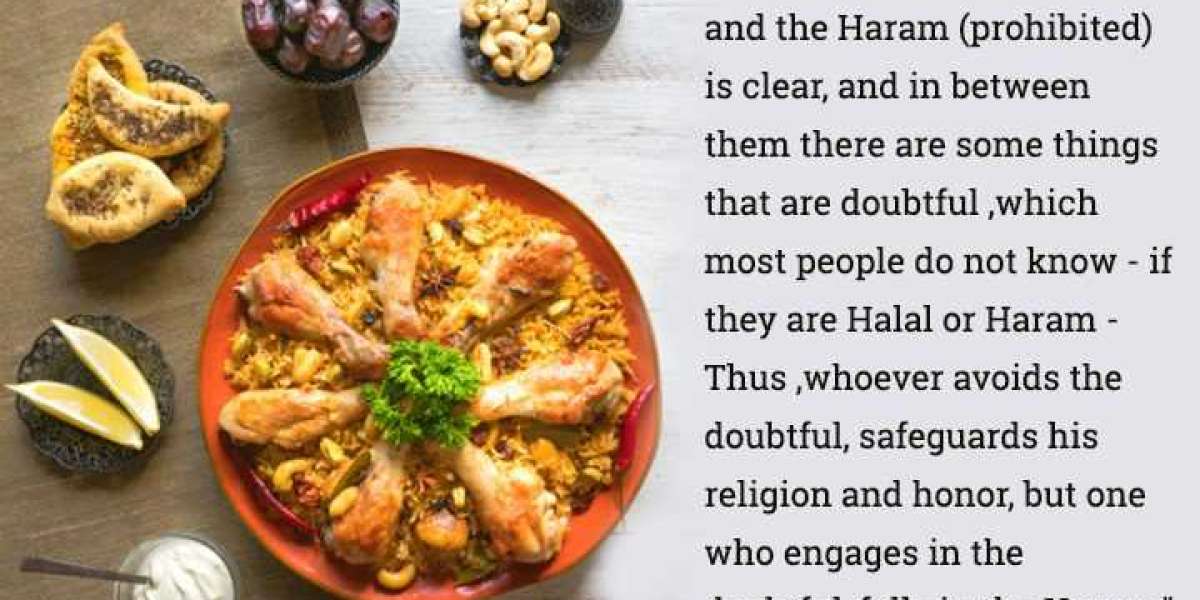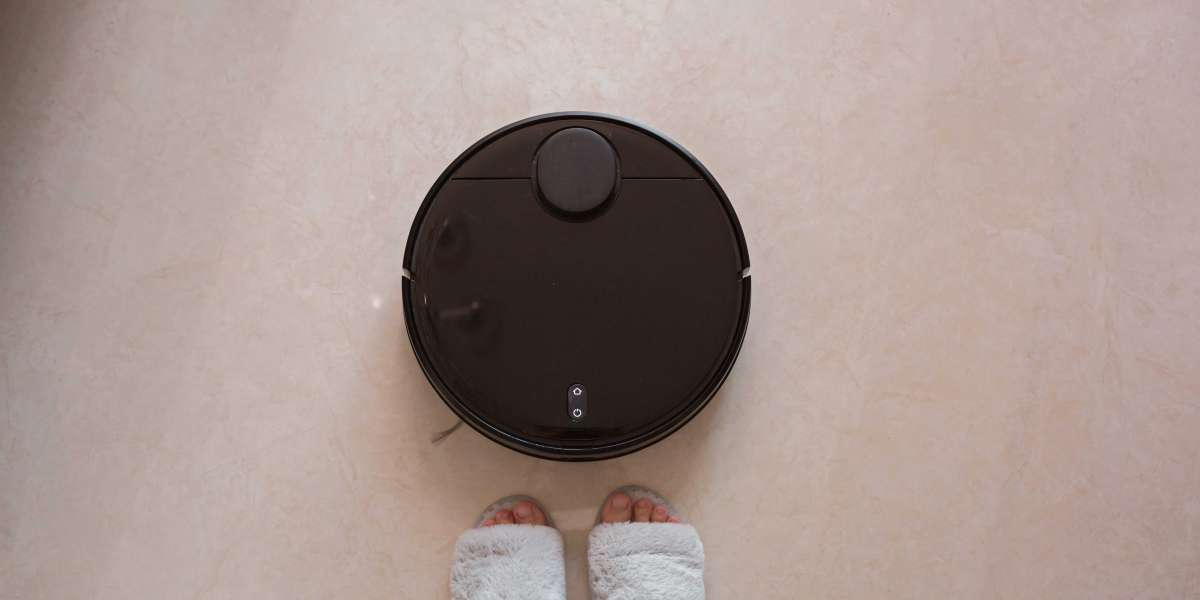If you've ever seen the word "halal" on food packaging, restaurant signs, or menus, you might have wondered, what does halal mean? Halal is an Arabic word that means "permissible" or "lawful." In Islamic context, it refers to what is allowed under Islamic law, especially in relation to food and drink.
When asking what does halal mean in food terms, it's about how food is sourced, processed, and prepared. For example, halal meat must come from an animal that is healthy at the time of slaughter, and it must be slaughtered in the name of God. The process is intended to be humane and respectful.
But halal isn’t just about meat. It also covers what Muslims can consume, including drinks, additives, and even medications. For example, alcohol is considered haram, meaning "forbidden," and is not halal.
People often ask what does halal mean when dining out or buying groceries, as halal-certified products are increasingly available in mainstream markets. This reflects not only a growing awareness but also a demand from Muslim consumers seeking products that align with their faith.
Understanding what halal means goes beyond religion—it’s also about ethics, cleanliness, and health. Many people, regardless of their beliefs, choose halal food because of its perceived higher standards in preparation and sourcing.
So next time you see "halal," you’ll know it’s more than just a label—it’s a way of life for millions around the world.








